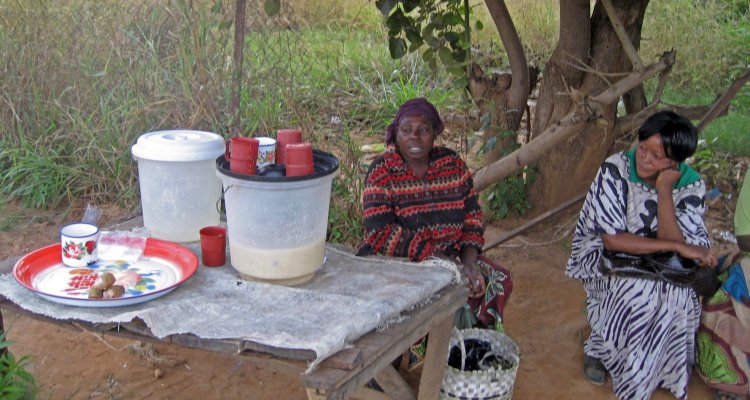Wageningen University & Research Secures Funding to Enhance Traditional Food Production in Zambia
Mabisi is a traditional fermented milk product from Zambia, known for its unique taste, health benefits, and extended shelf life. This drink is an important part of Zambian culture. Wageningen University & Research (WUR) has received an additional €30,000 in funding from the Dutch Research Council (NWO) to formalize the production of mabisi. This formalization will allow the traditional product to be legally sold in mainstream markets and stores.
In collaboration with WUR and the University of Zambia, the Zambia Bureau of Standards (ZABS) will develop a code of practice. This code will define and regulate key production parameters, including the quality of raw milk and the pH levels of the final product – based on recent fundamental scientific research. These standards are crucial for food safety and for ensuring consistent product quality.
Currently, the traditional production of mabisi is illegal due to the lack of official guidelines, meaning it cannot be legally sold. Legalizing the process would allow more Zambians, especially women, to sell their products in local markets. This would improve the income security of rural households and small-scale entrepreneurs.
According to researcher Sijmen Schoustra, the approach to formalizing the production of mabisi could also serve as an inspiration for other African countries with similar traditional fermented foods awaiting recognition. These foods are widespread and often produced on a small scale, helping to reduce food waste and promote food security.
Impact Explorer Call
The additional funding is made possible through NWO’s Impact Explorer call, which supports research into unexpected discoveries that were not covered by the original project budget. This extra funding helps to bridge the gap between scientific discoveries and real-world societal impact.

